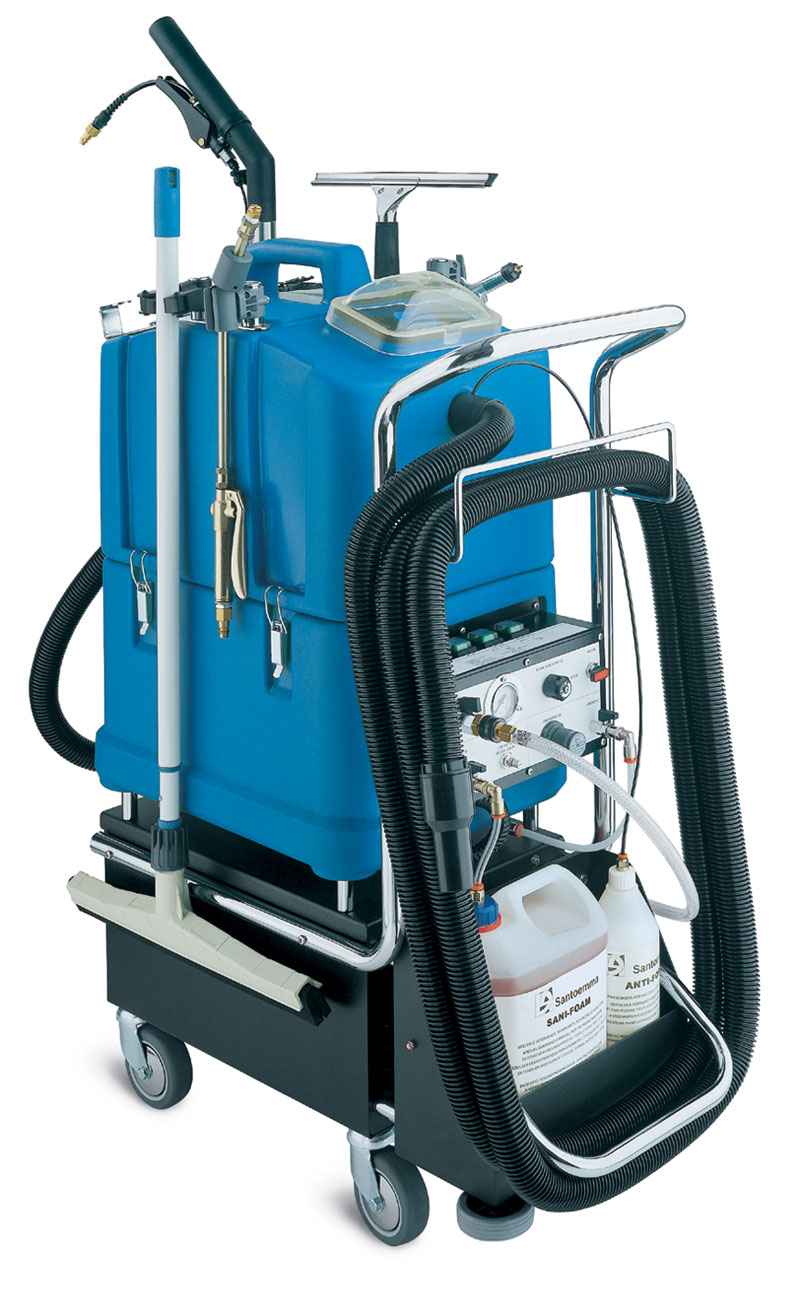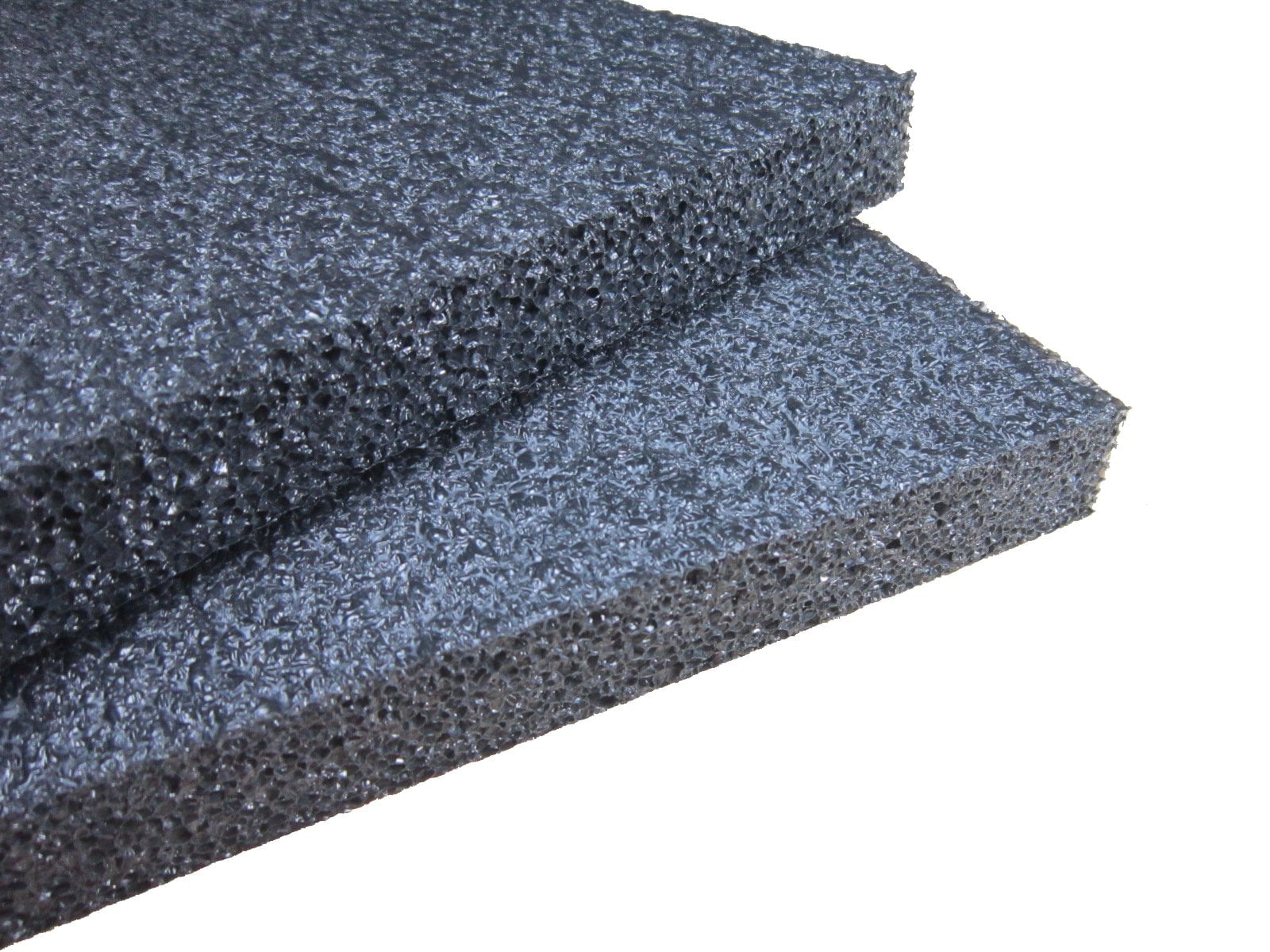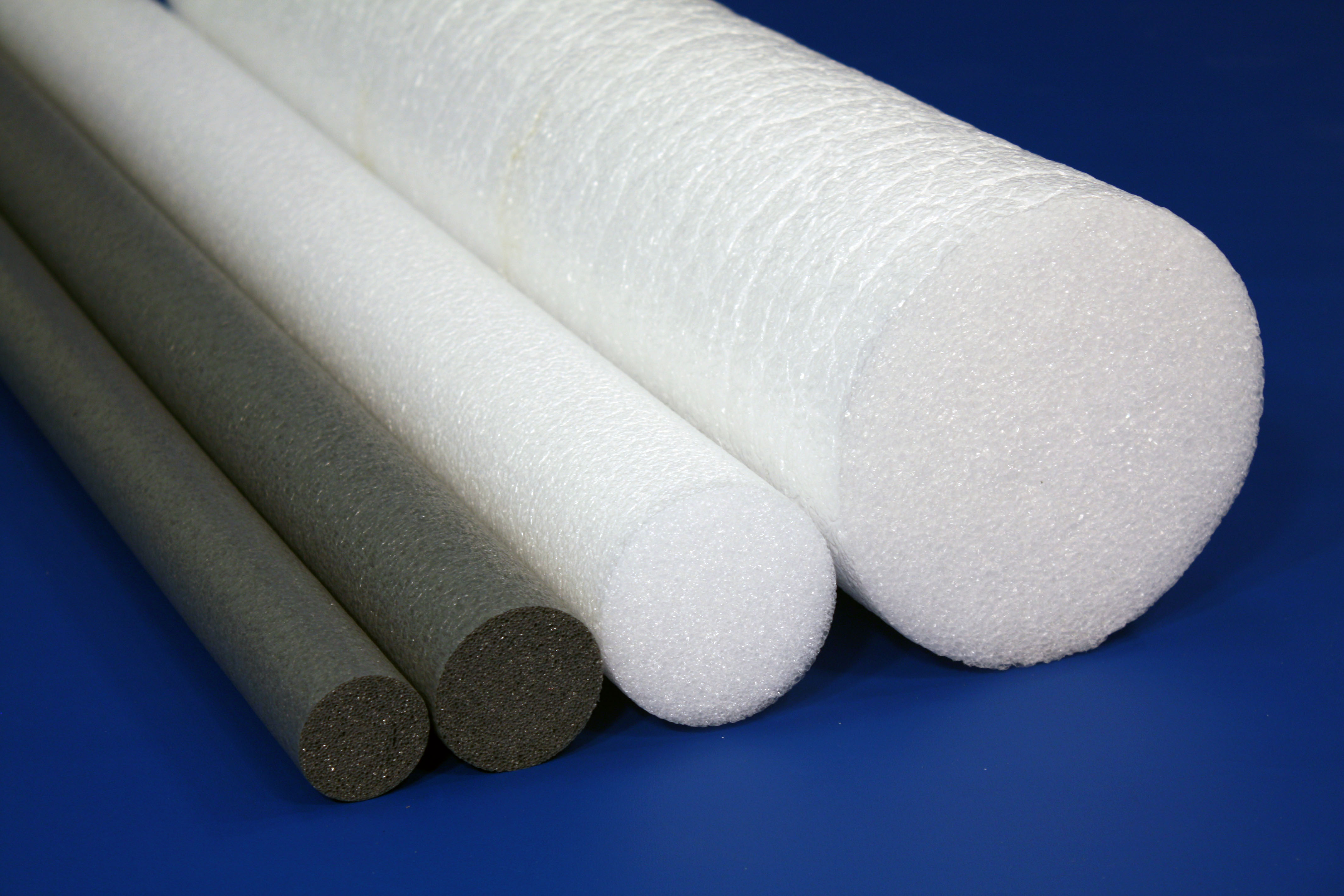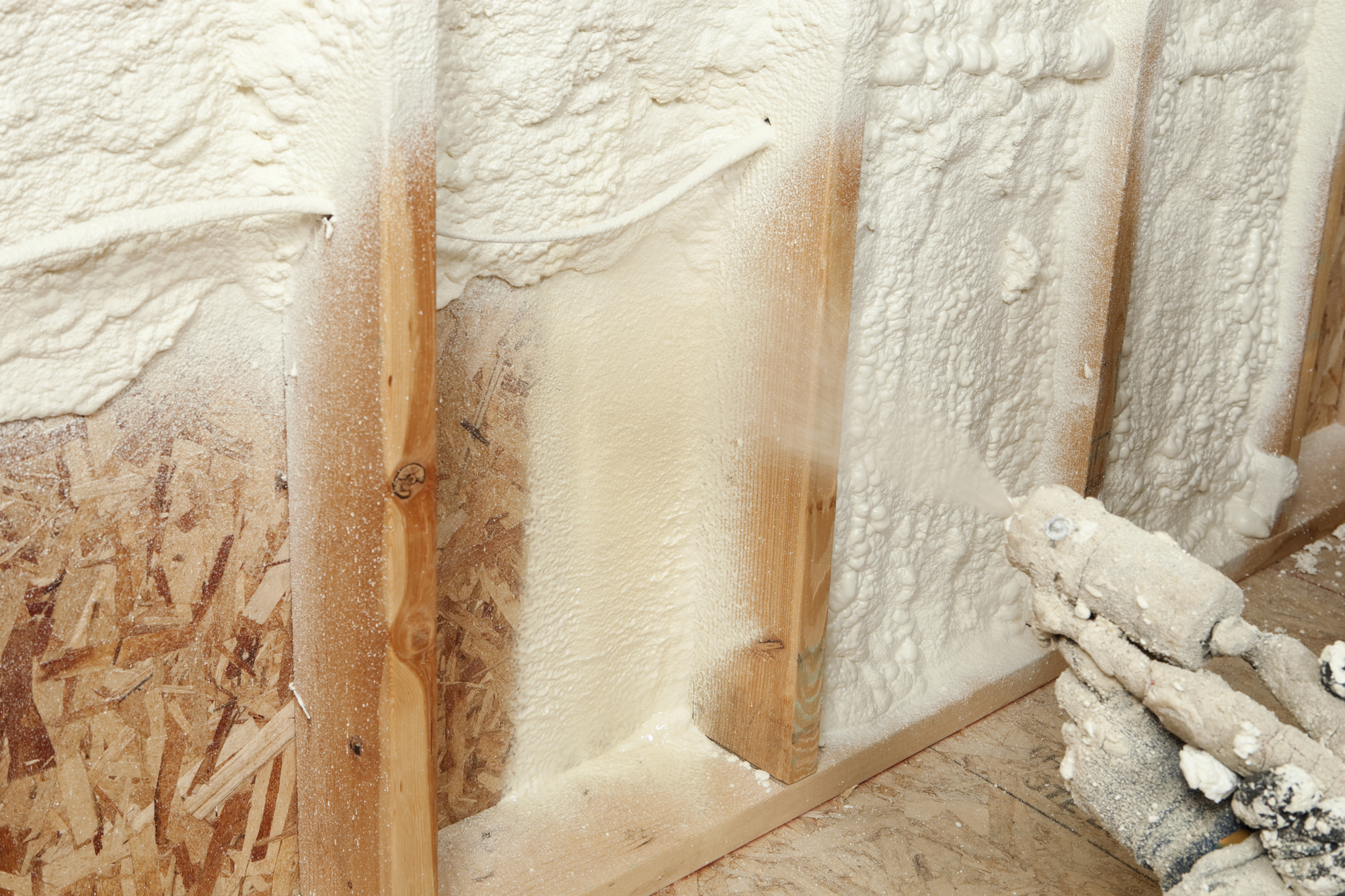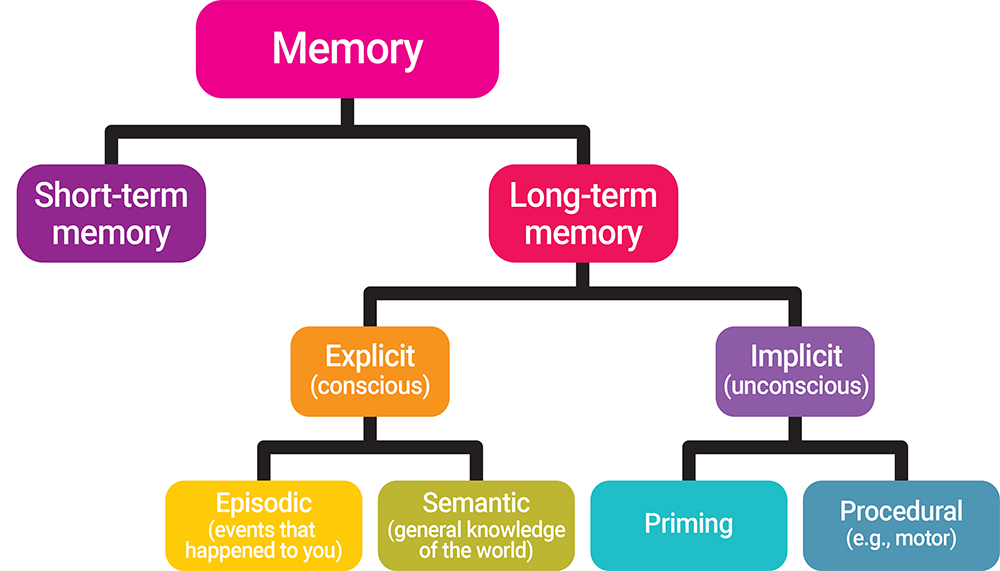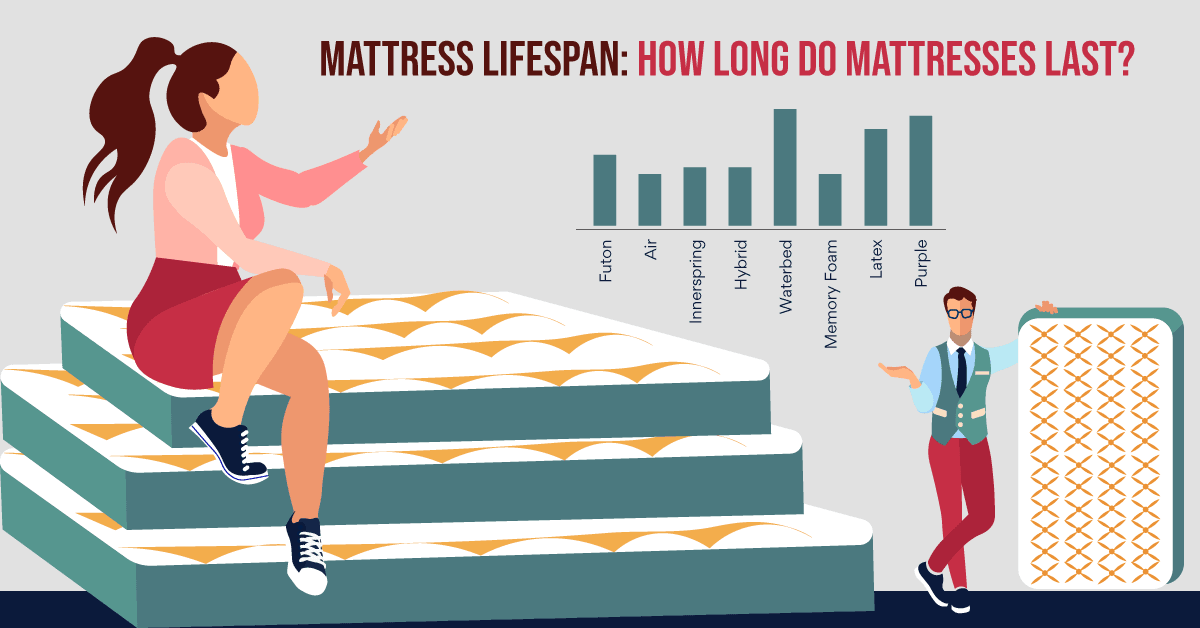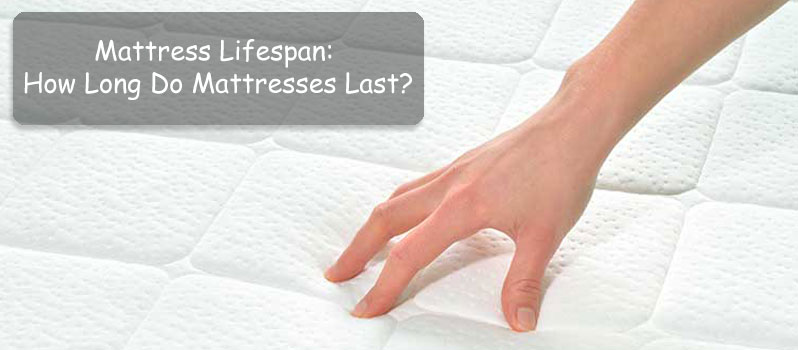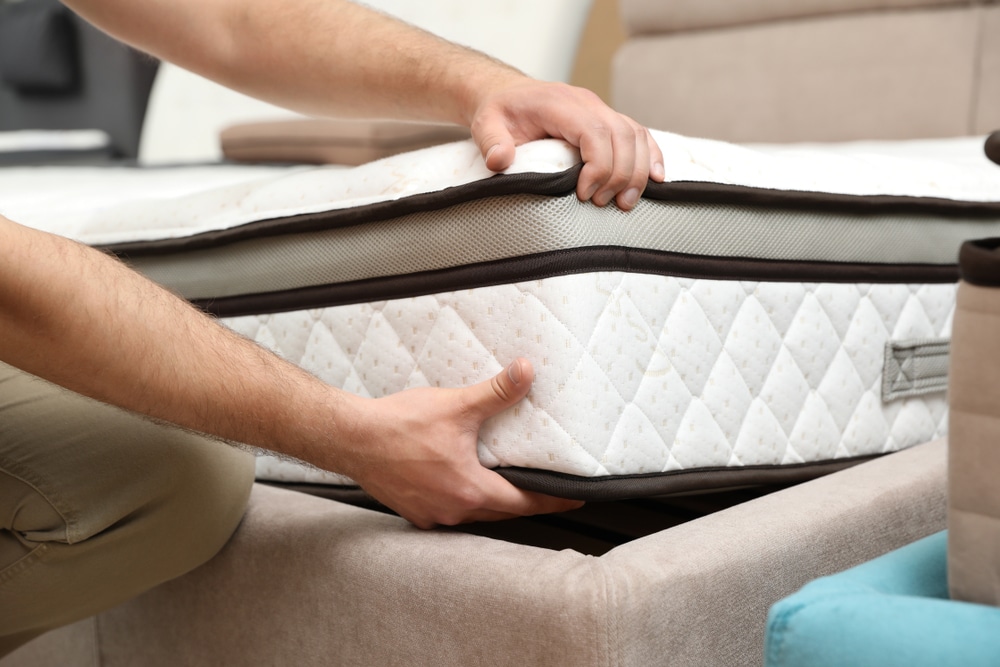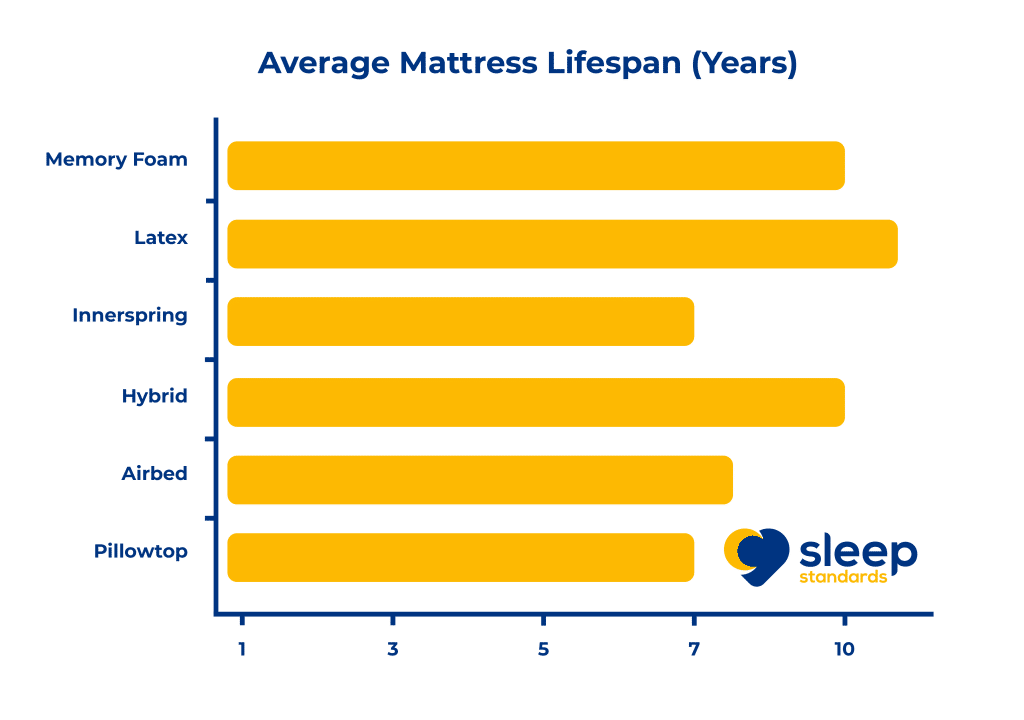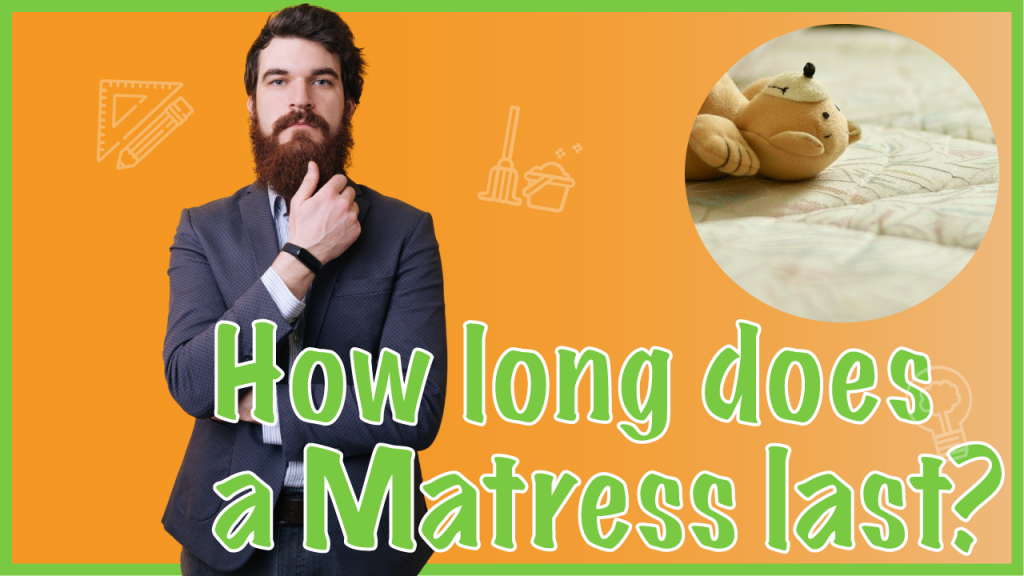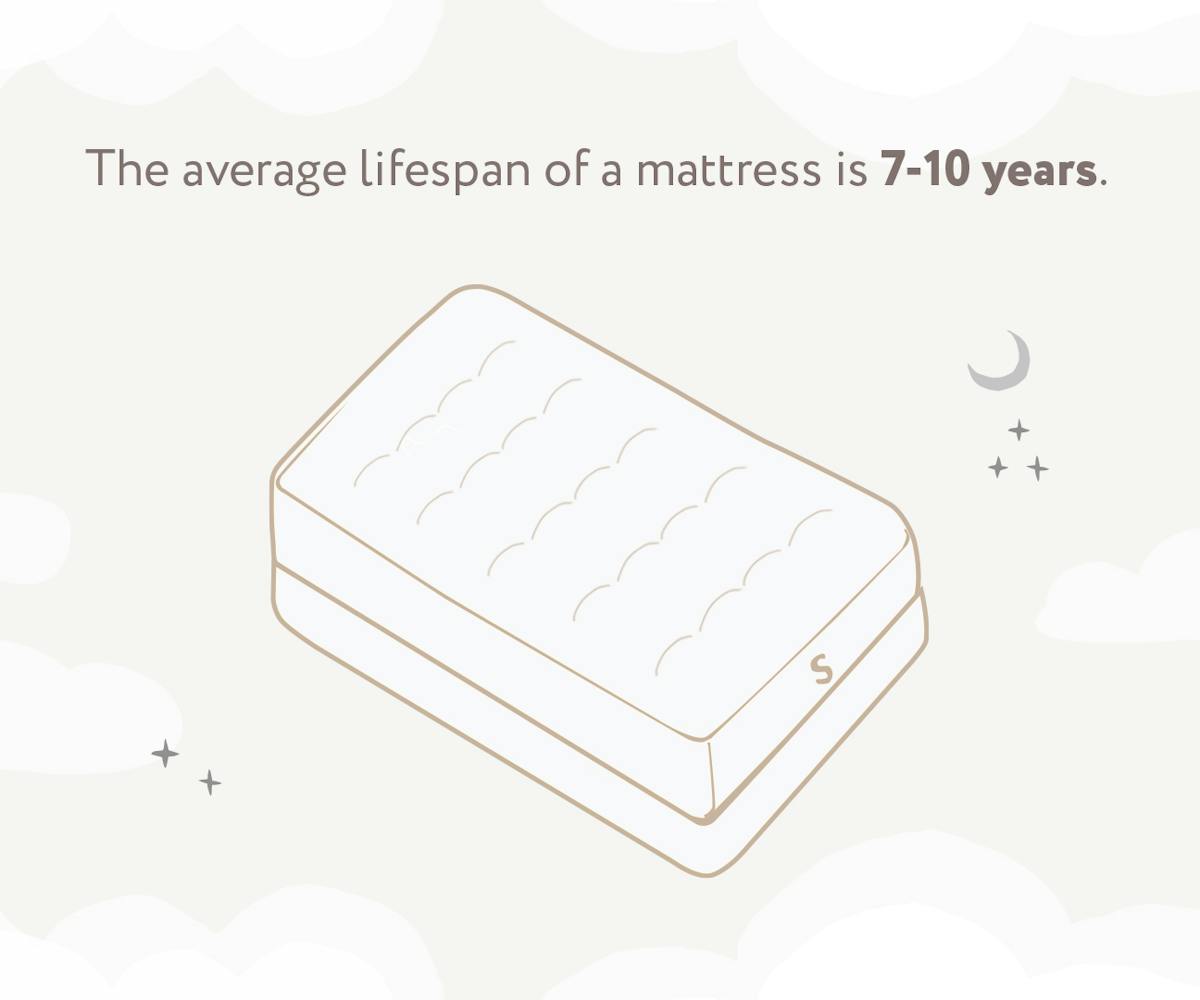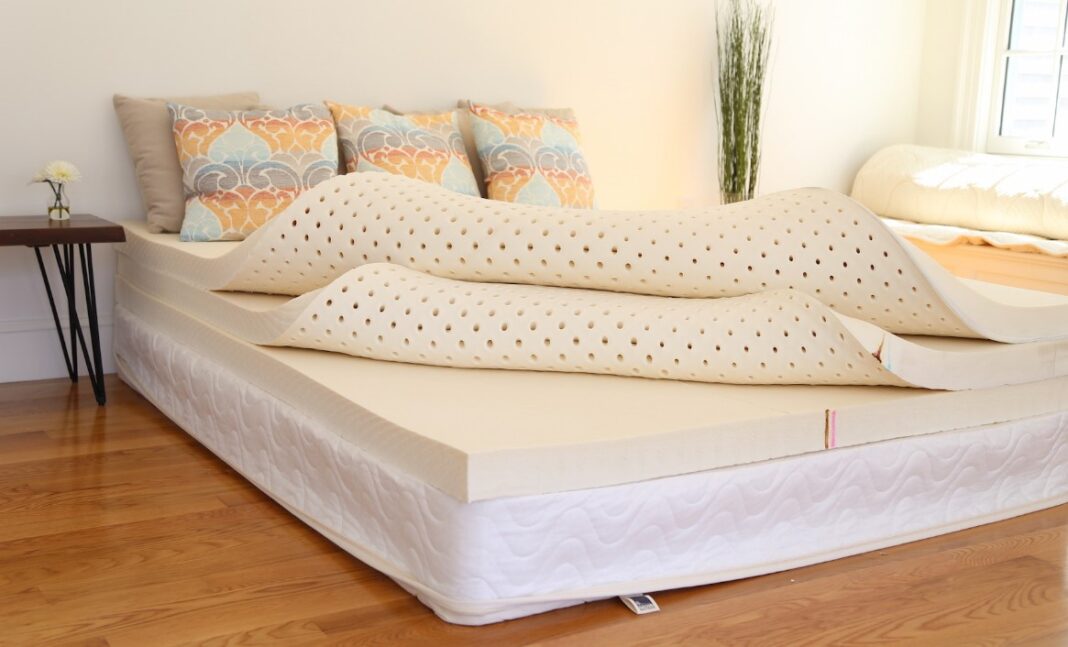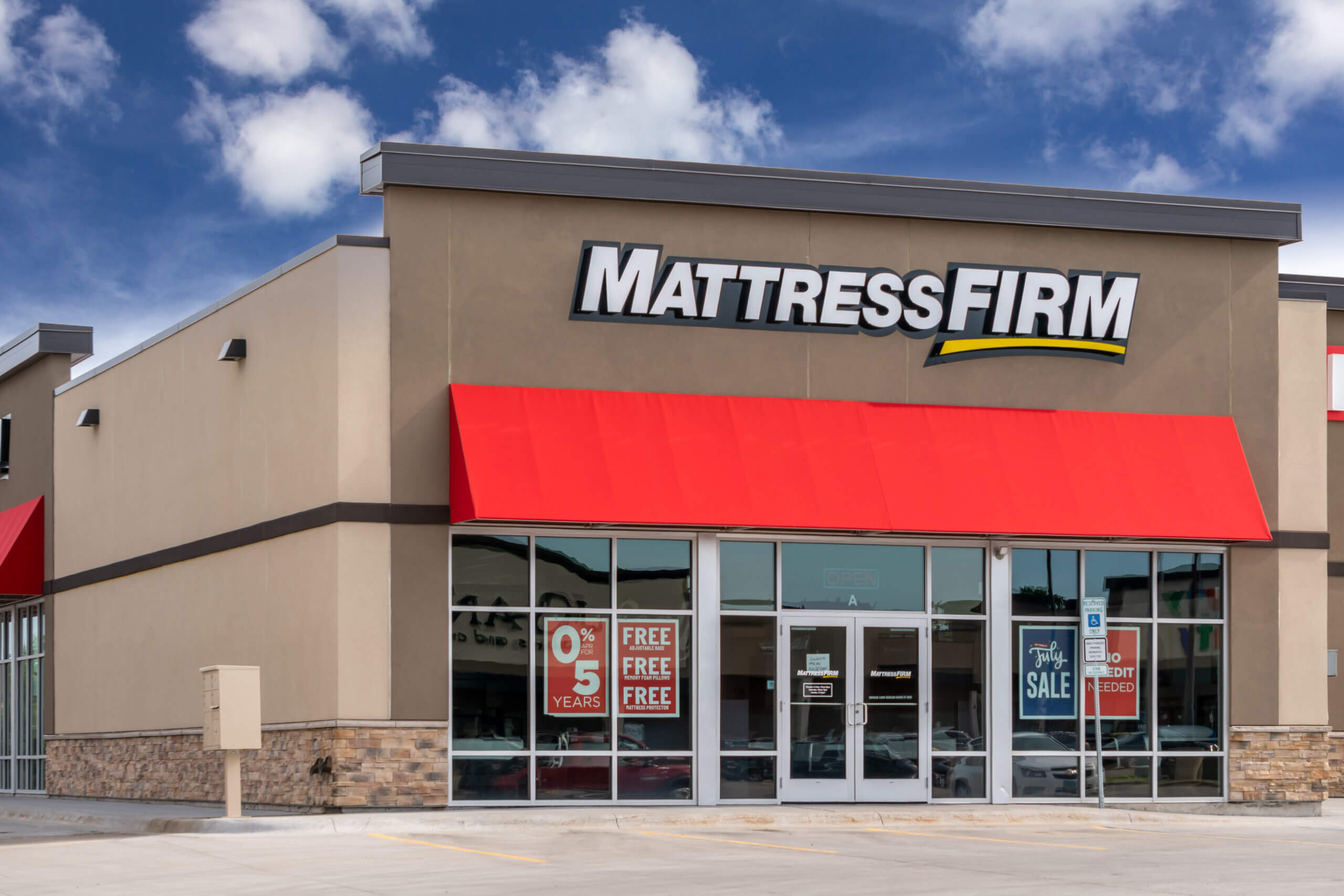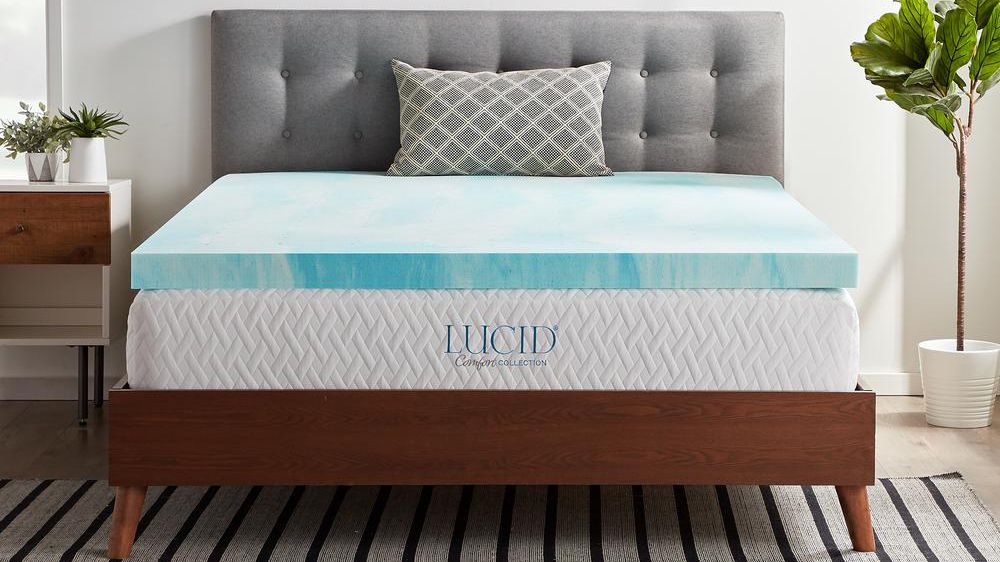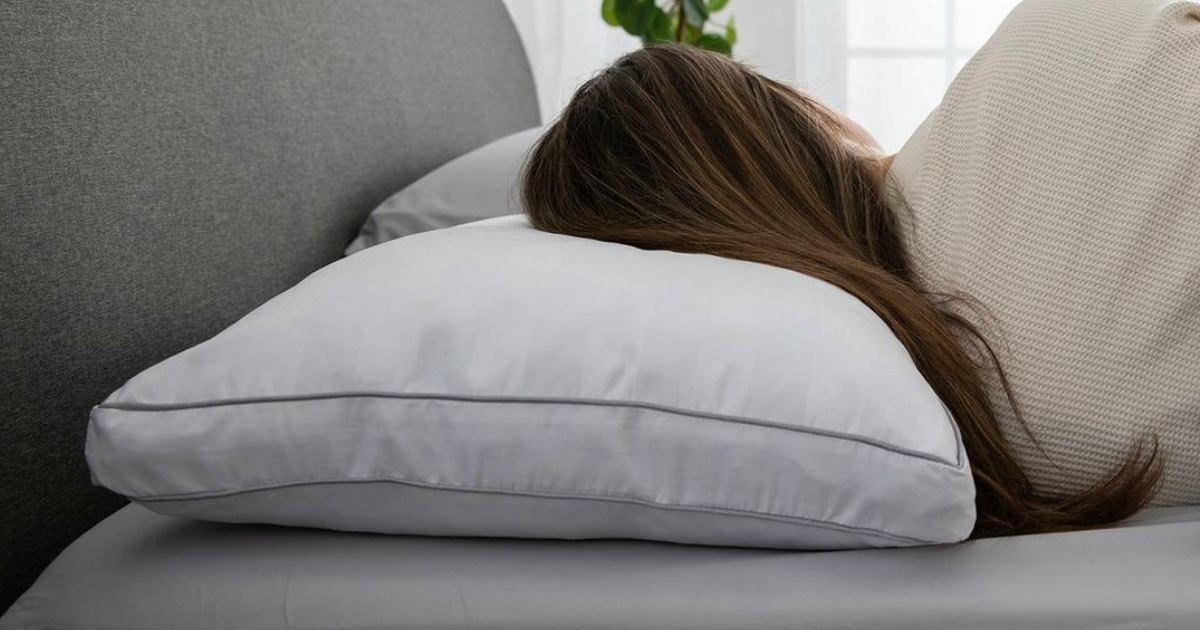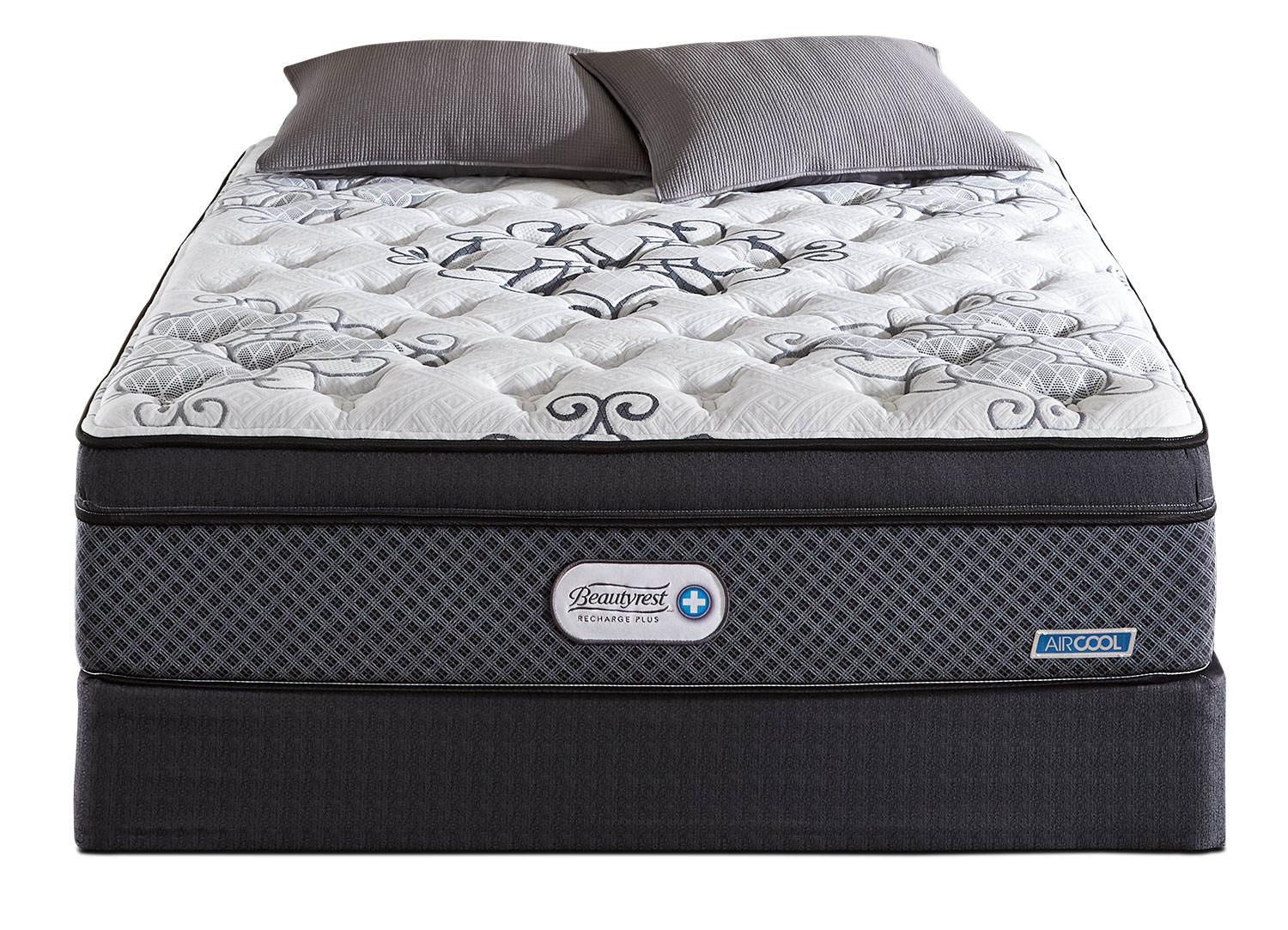If you're in the market for a new mattress, chances are you've come across the term "memory foam" more than once. But what exactly is a memory foam mattress? Memory foam is a type of foam that was originally developed by NASA for use in spacecraft seats to provide cushioning and support. It is made from viscoelastic material, which means it is able to conform to pressure and then return to its original shape once the pressure is removed. This unique feature makes it an ideal material for mattresses as it provides personalized comfort and support for each individual.1. What is a Memory Foam Mattress?
Memory foam mattresses have gained popularity over the years due to their ability to relieve pressure points, reduce motion transfer, and provide a comfortable and supportive sleep. But how long can you expect a memory foam mattress to last? On average, a memory foam mattress can last anywhere between 8-10 years with proper care and maintenance. This makes it a durable investment for your sleep and overall well-being.2. The Average Lifespan of a Memory Foam Mattress
To understand the lifespan of a memory foam mattress, it's important to know the material it's made of. Memory foam is a polyurethane-based material that is known for its ability to contour to the body and provide support. It is also known for its durability and resilience, making it a popular choice for mattresses. The density of the foam can vary, with higher density foams being more durable and longer-lasting.3. Understanding the Memory Foam Material
While the average lifespan of a memory foam mattress is 8-10 years, there are factors that can affect its durability. These include the density of the foam, the quality of the materials used, and the weight and sleeping habits of the user. Heavier individuals or those who have a tendency to move around a lot in their sleep may experience a shorter lifespan for their memory foam mattress.4. Factors That Affect the Lifespan of a Memory Foam Mattress
To ensure that your memory foam mattress lasts for its full lifespan, it's important to take proper care of it. This includes rotating the mattress regularly to prevent uneven wear, using a mattress protector to protect against spills and stains, and avoiding jumping or standing on the mattress. It's also important to follow the manufacturer's instructions for cleaning and maintenance.5. Proper Care and Maintenance
Over time, even the most well-cared-for memory foam mattress will start to show signs of wear and tear. Some common signs that it may be time to replace your memory foam mattress include sagging or visible indentations, loss of support, and discomfort or pain during sleep. If you start to notice these signs, it may be time to start shopping for a new memory foam mattress.6. Signs That Your Memory Foam Mattress Needs to be Replaced
Replacing your mattress when it's time can have a positive impact on your sleep and overall health. A new mattress can provide better support and alignment for your body, leading to improved sleep quality and reduced aches and pains. It can also help to reduce allergens and improve air quality in your bedroom, leading to a healthier sleep environment.7. The Benefits of Replacing Your Mattress
When it comes time to replace your memory foam mattress, it's important to choose one that fits your specific needs and preferences. Consider factors such as foam density, firmness level, and any additional features such as cooling technology or motion isolation. Researching and testing out different options can help you find the perfect memory foam mattress for your sleep needs.8. Choosing the Right Memory Foam Mattress
There are also steps you can take to extend the lifespan of your memory foam mattress even further. This includes regularly rotating the mattress, using a mattress protector, and avoiding activities such as eating or drinking in bed. Additionally, using a supportive bed frame or foundation can also help to prolong the life of your mattress.9. Extending the Lifespan of Your Memory Foam Mattress
In conclusion, the average lifespan of a memory foam mattress is 8-10 years, making it a long-lasting and worthy investment for your sleep. With proper care and maintenance, you can ensure that your memory foam mattress provides you with comfortable and supportive sleep for many years to come. So don't skimp on your sleep and consider investing in a quality memory foam mattress for a better night's rest.10. Investing in Your Sleep
The Advantages of Choosing a Memory Foam Mattress for a Longer Lifespan

When it comes to choosing a mattress, one of the most important factors to consider is its lifespan. After all, investing in a good quality mattress is essential for a good night's sleep and your overall health. With so many options on the market, it can be overwhelming to decide which one is the best for you. However, memory foam mattresses have become increasingly popular in recent years due to their longer lifespan compared to other types of mattresses.
What is Memory Foam?

Memory foam is a type of polyurethane foam that was first created by NASA in the 1970s for airplane seats to provide better cushioning and crash protection for passengers. It is made from a substance called viscoelastic, which allows it to mold and contour to the body's shape when pressure and heat are applied. This unique feature is what makes memory foam mattresses stand out from the rest.
The Average Lifespan of a Memory Foam Mattress

The average lifespan of a memory foam mattress is approximately 7-10 years . This is significantly longer compared to traditional innerspring mattresses , which typically last around 5-7 years. The reason for this is because of the dense and durable nature of memory foam, which is designed to withstand pressure and maintain its shape for a longer period of time.
Factors that Affect the Lifespan of a Memory Foam Mattress

While memory foam mattresses have a longer lifespan, there are still factors that can affect their durability. These include:
- Quality of the Foam: The quality of the foam used in the mattress can greatly affect its lifespan. High-density foam is more durable and can last longer compared to low-density foam.
- Weight and Usage: The weight and usage of the mattress can also play a role in its lifespan. Heavier individuals or those who use the mattress more frequently may experience wear and tear faster.
- Cleaning and Maintenance: Proper cleaning and maintenance can also extend the lifespan of a memory foam mattress. Regularly rotating the mattress and keeping it clean can help prevent sagging and extend its overall lifespan.
The Benefits of a Longer Lifespan
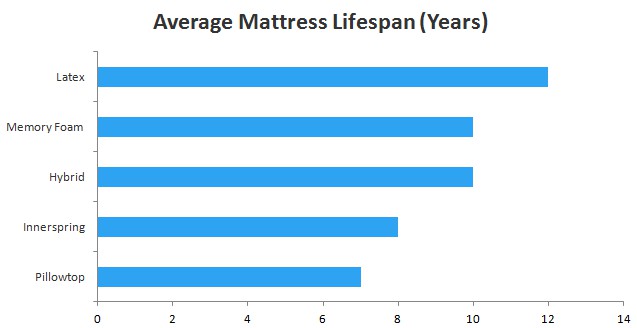
Investing in a memory foam mattress with a longer lifespan can bring numerous benefits, including:
- Cost-Effective: While memory foam mattresses may have a higher initial cost, their longer lifespan makes them a more cost-effective option in the long run. You won't have to replace your mattress as frequently, saving you money in the long term.
- Better Sleep: As a memory foam mattress maintains its shape and support over time, it can provide better sleep quality. This is especially beneficial for those with back and joint pain.
- Hygienic: A longer lifespan also means that you won't have to replace your mattress as frequently, reducing the risk of dust mites and other allergens building up over time.
In conclusion, when it comes to choosing a mattress, the average lifespan of a memory foam mattress is a major factor to consider. With its durable and long-lasting nature, a memory foam mattress is a wise investment for a better night's sleep and overall well-being.

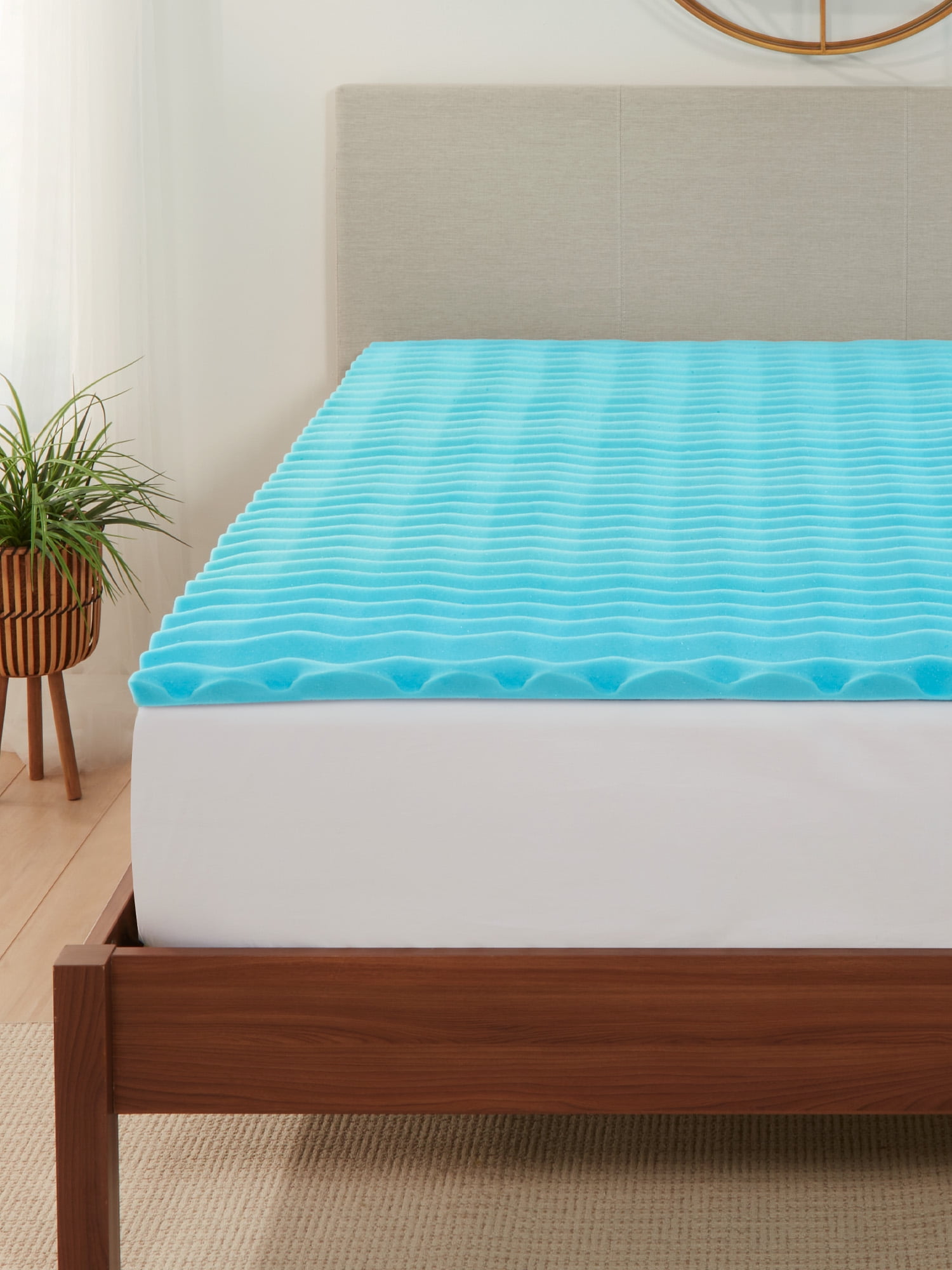











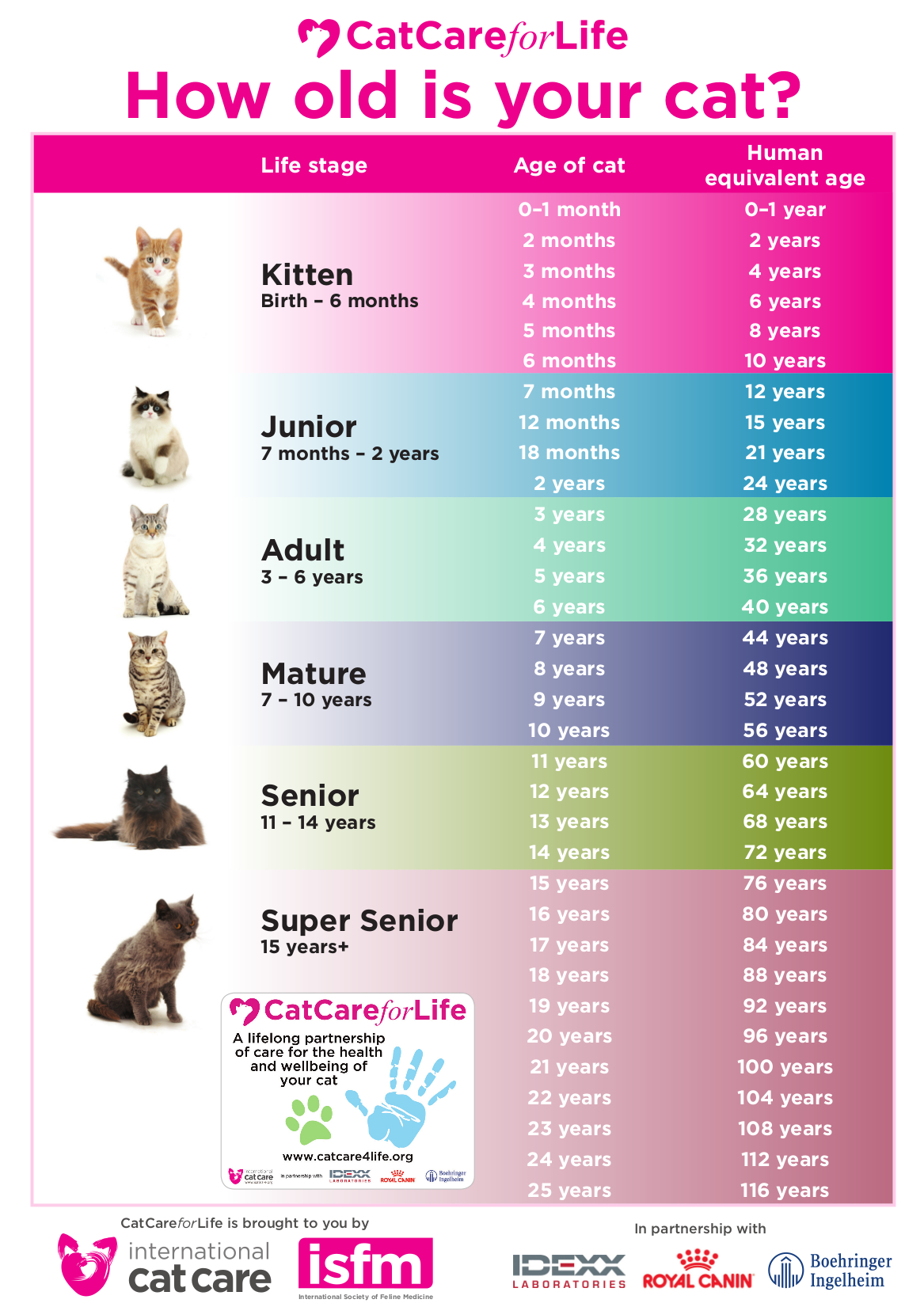
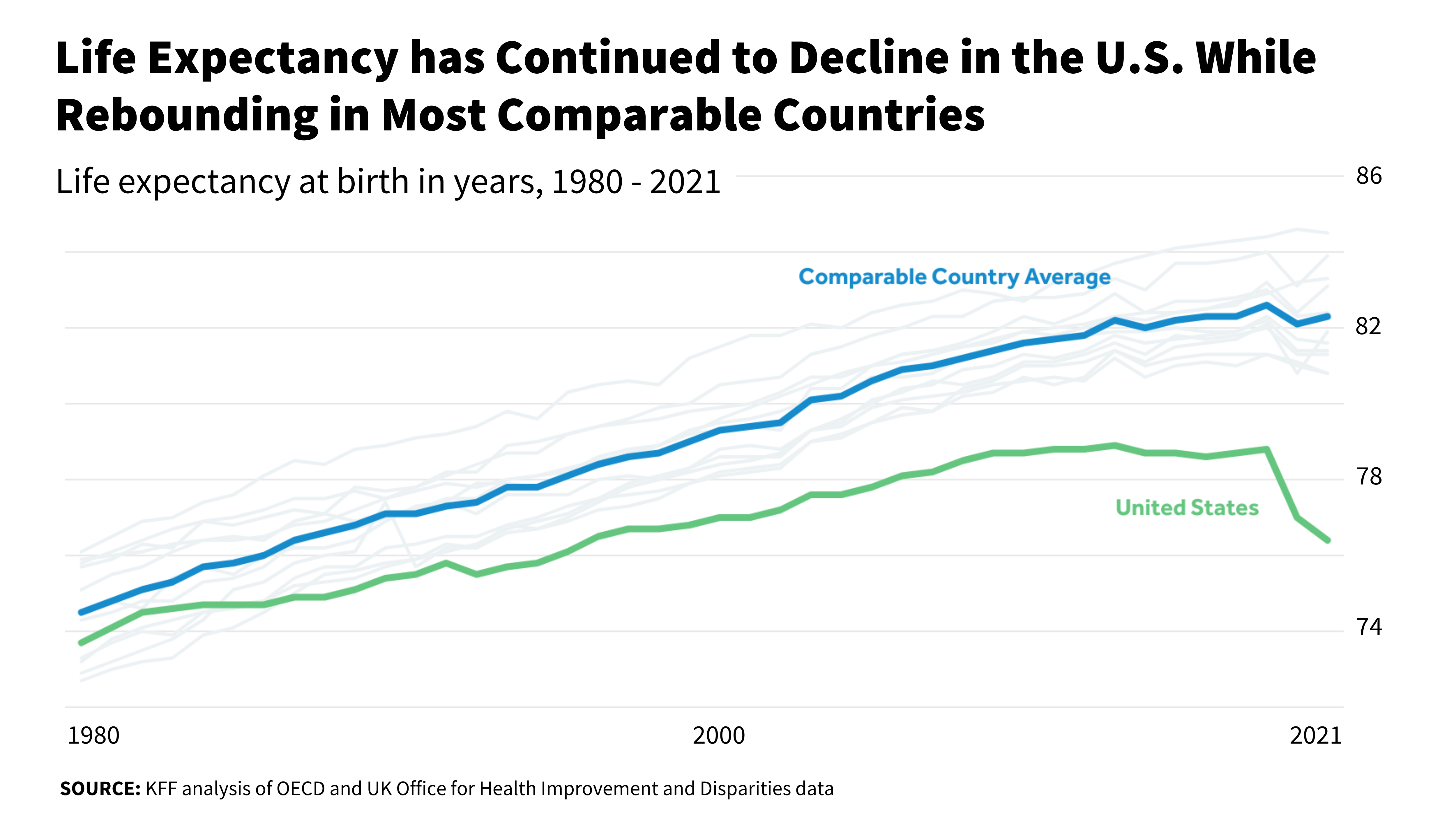


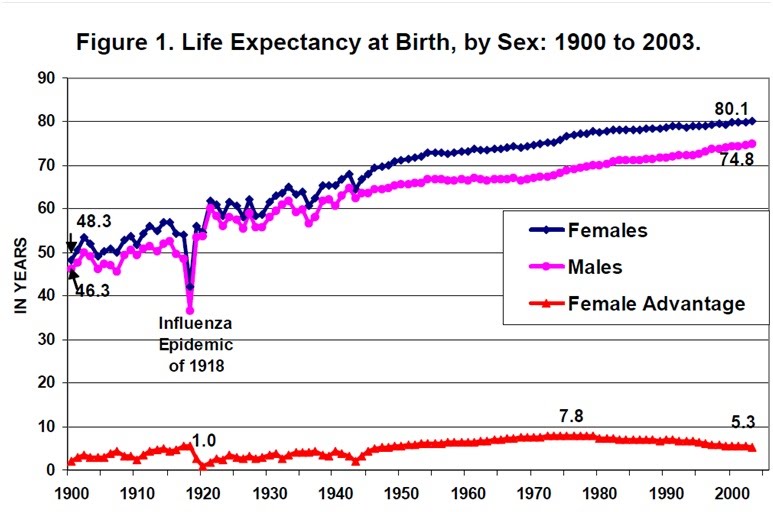




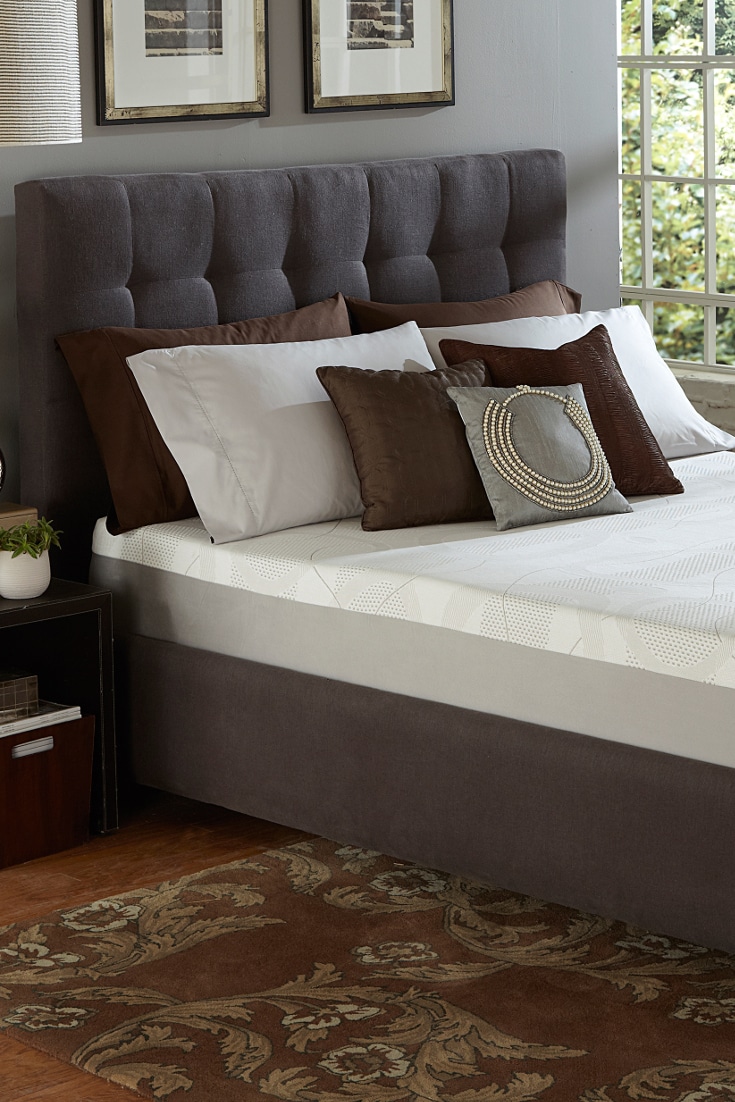





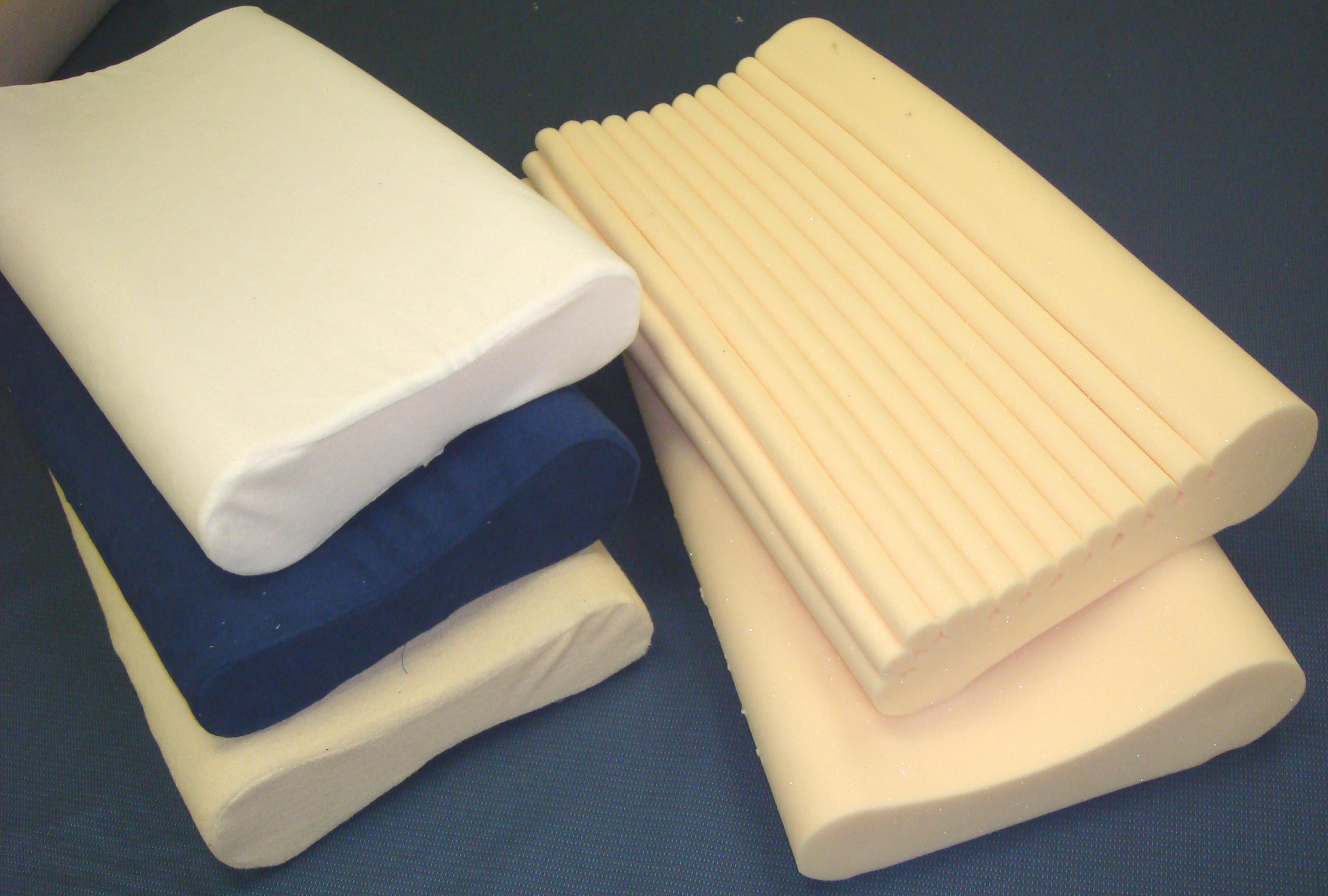
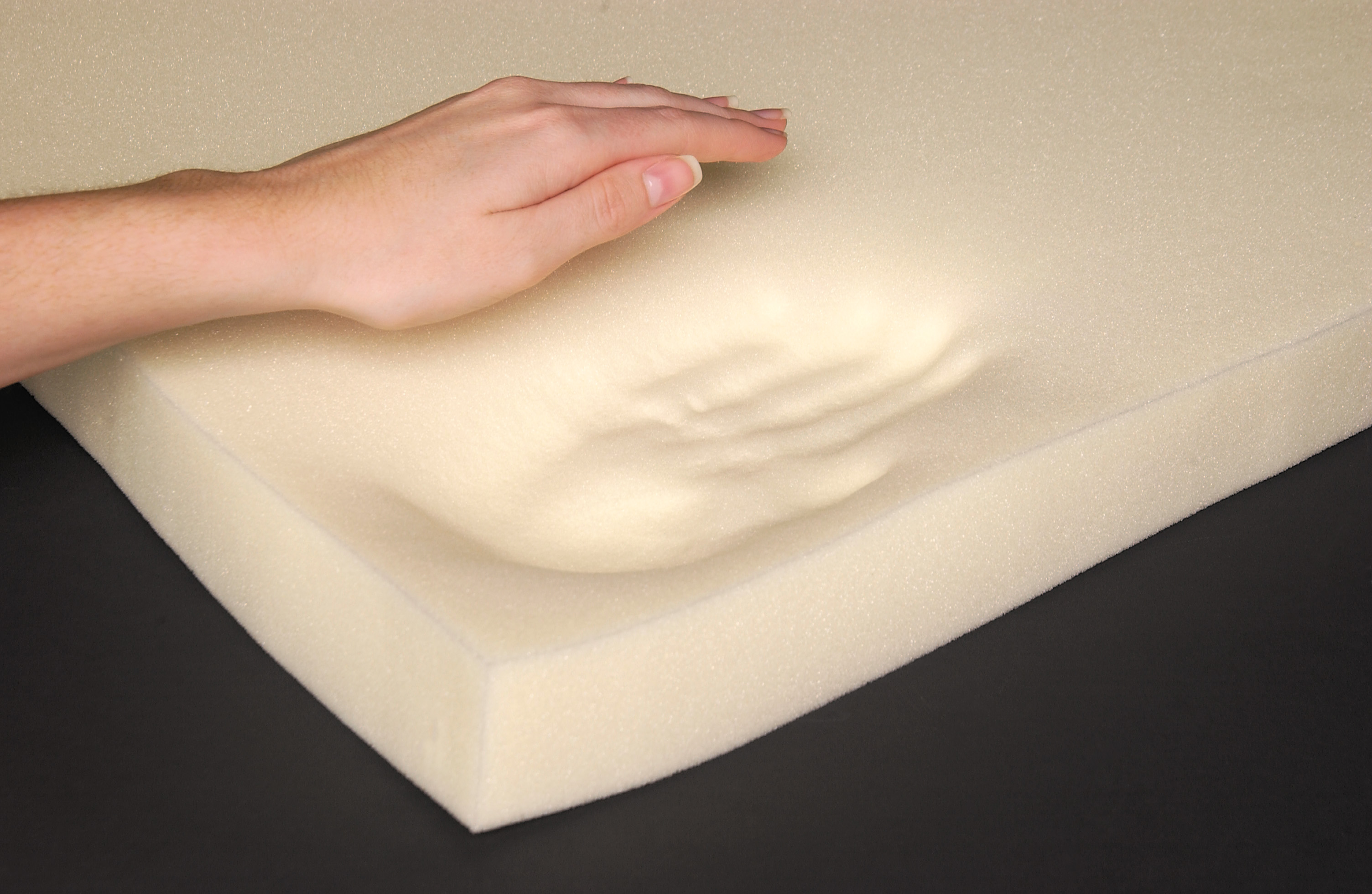
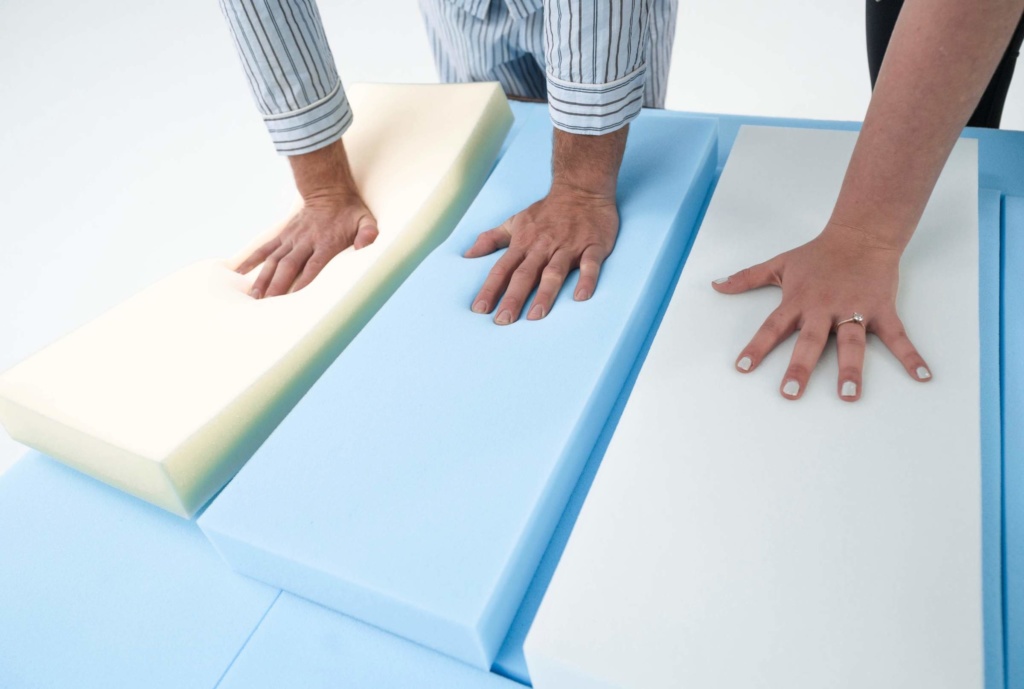
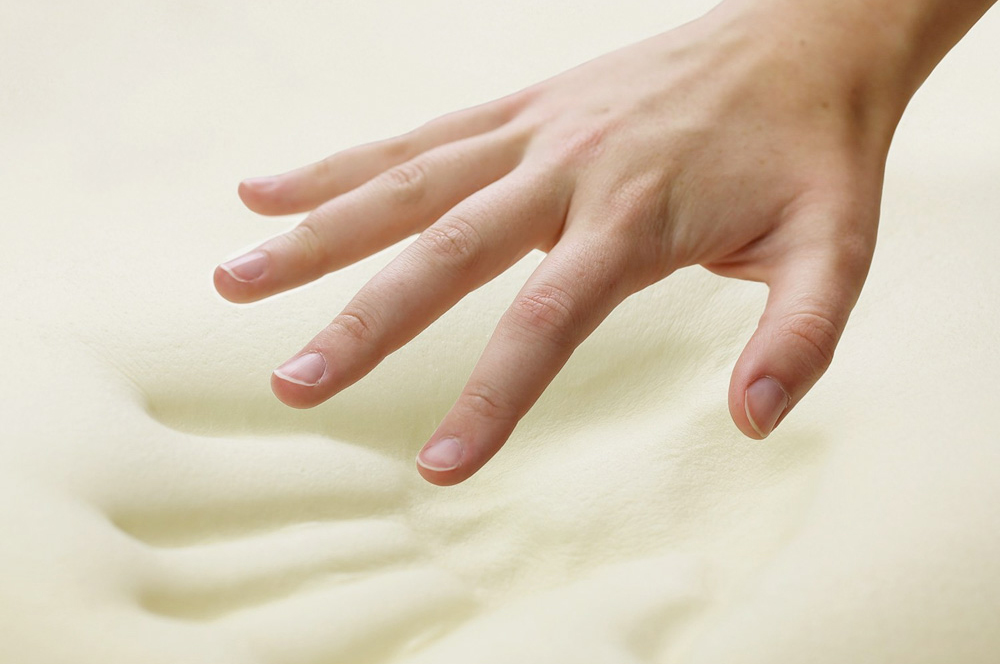














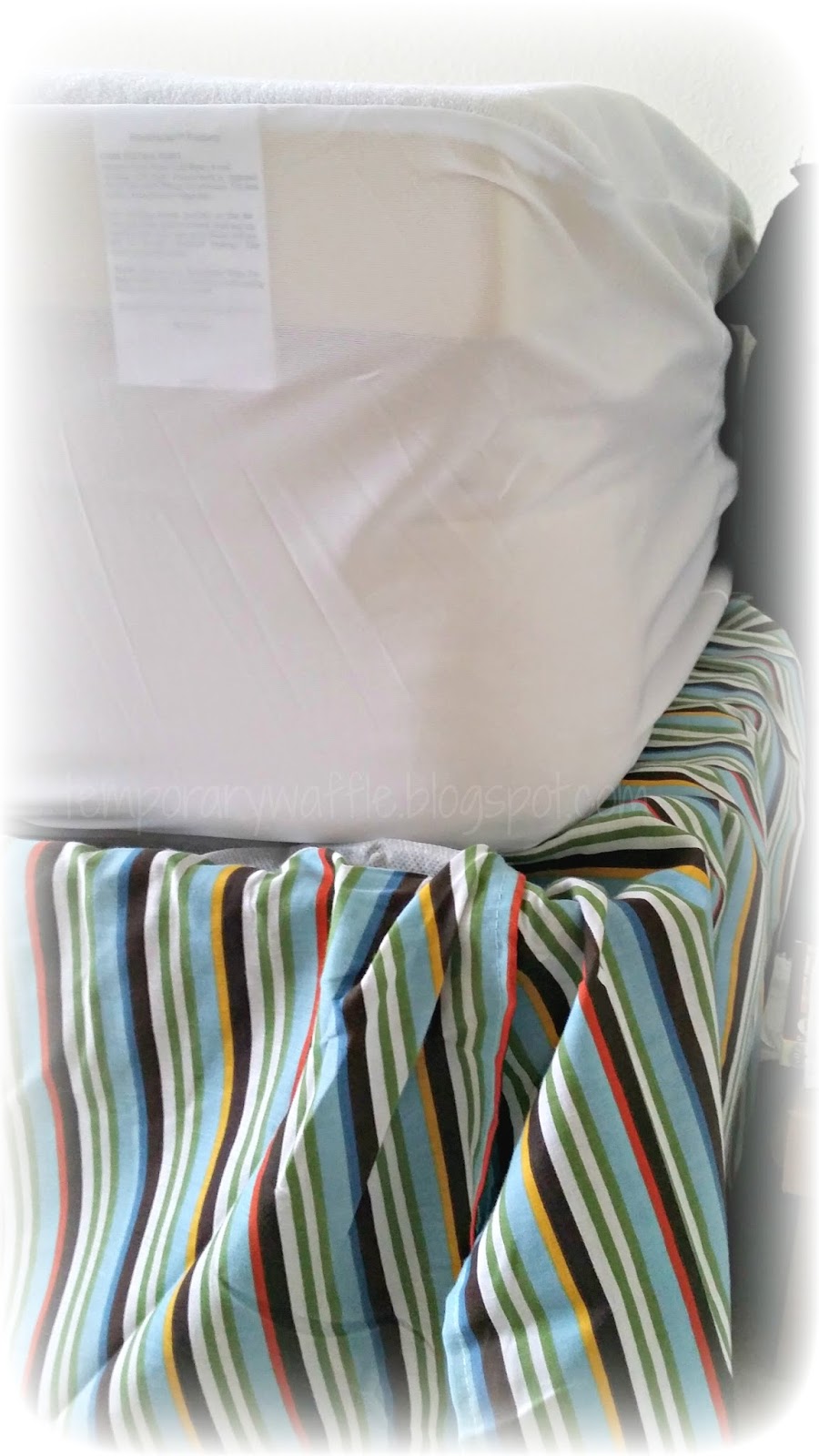
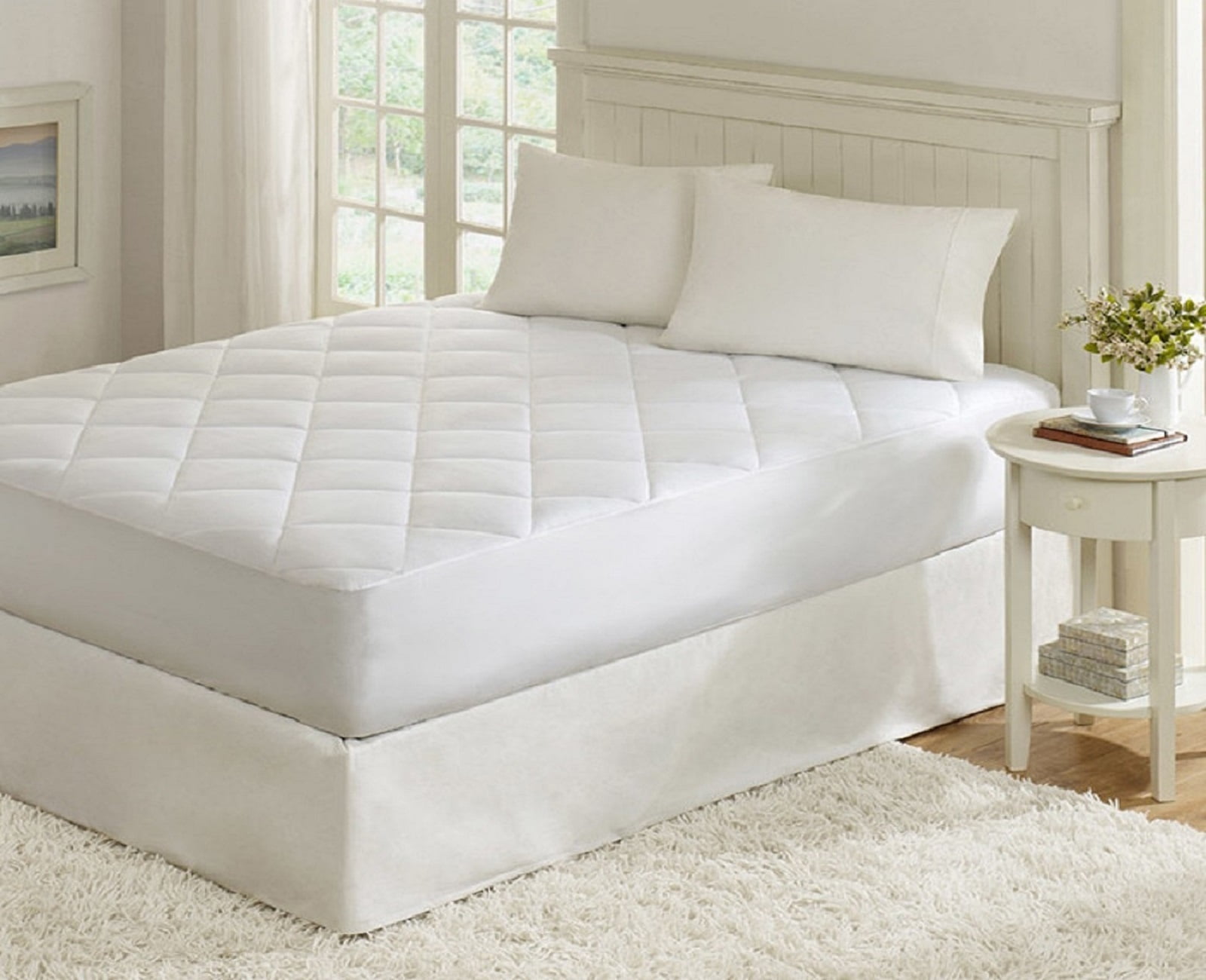


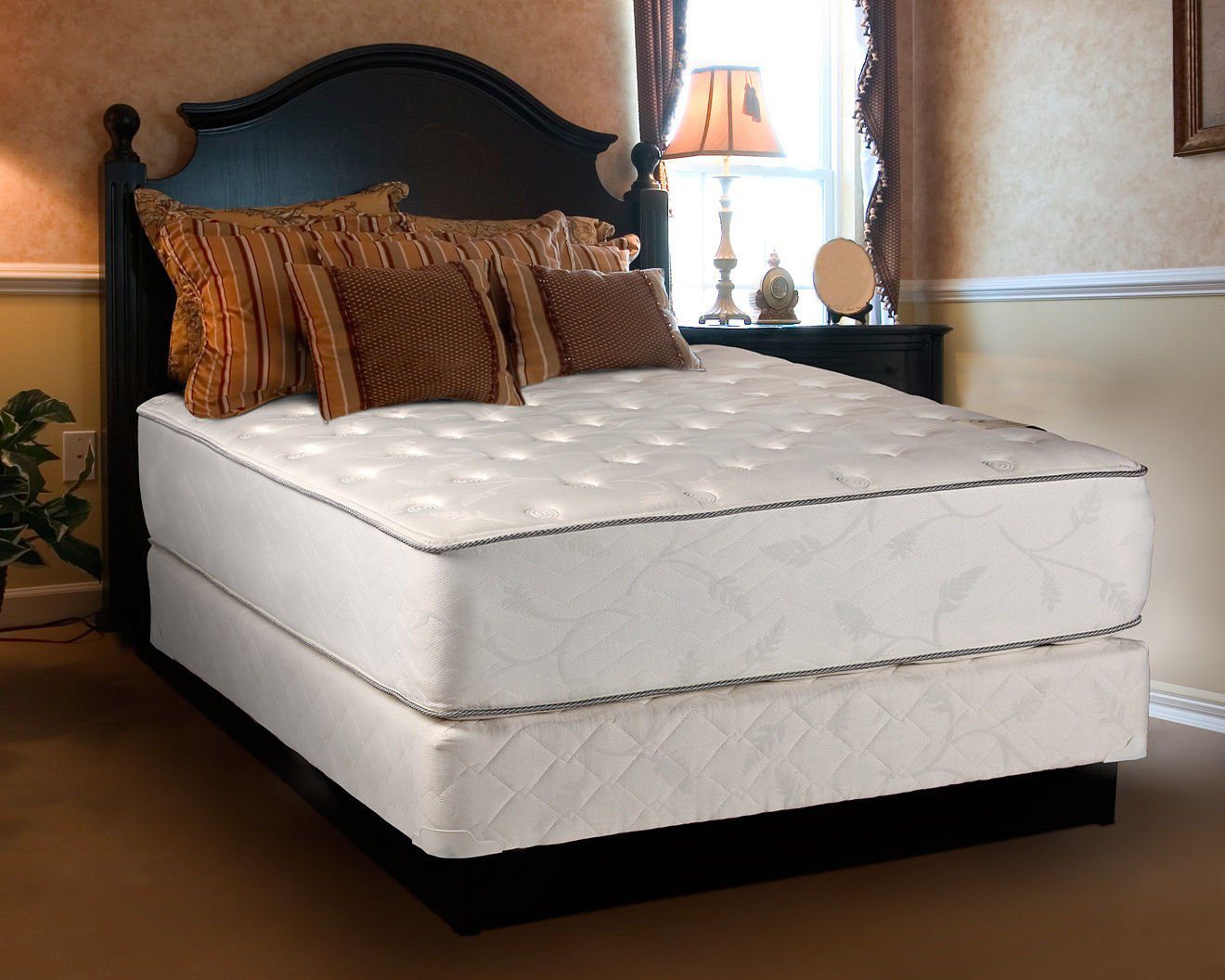
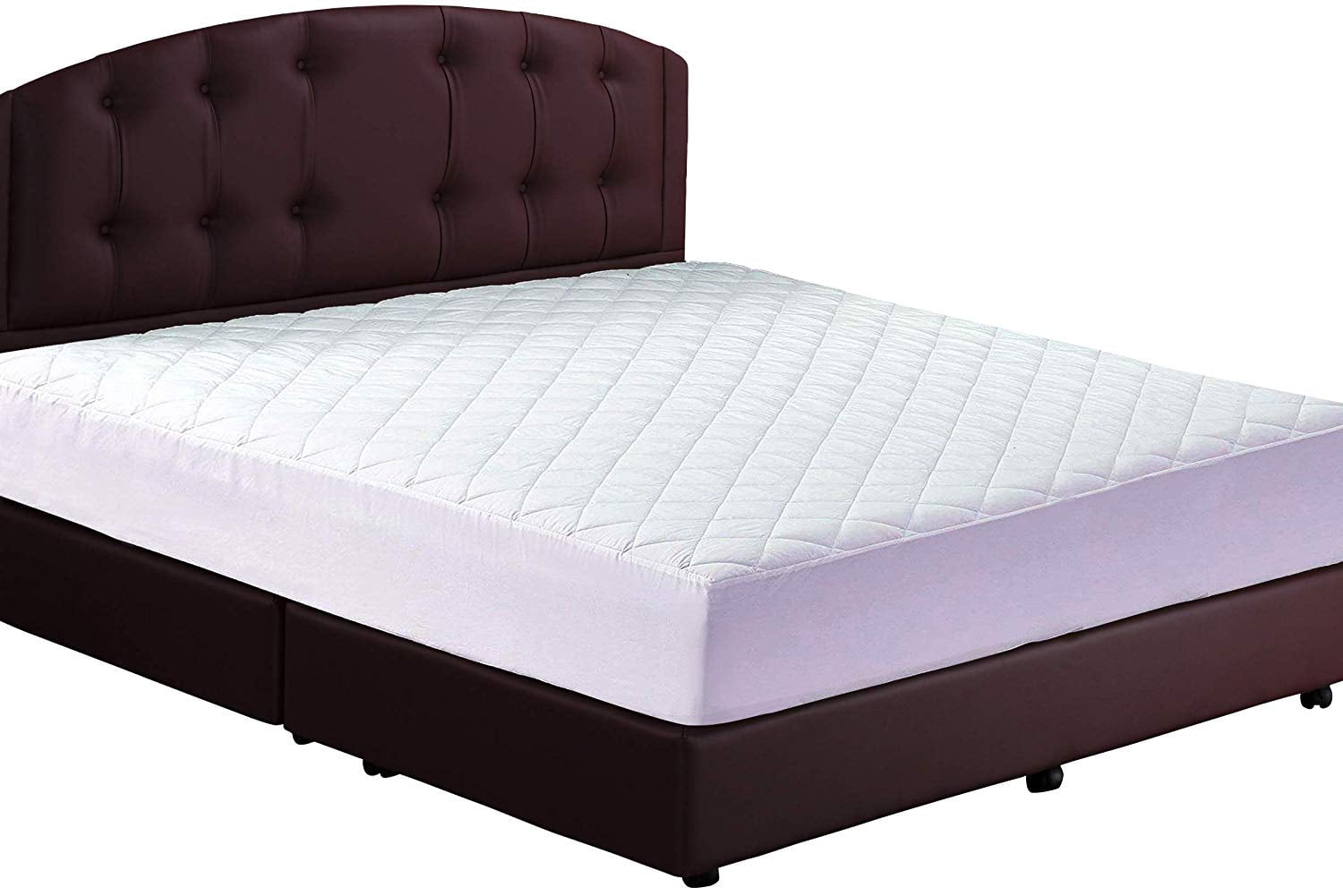











/2795284-article-what-is-the-average-iq-5aa00dbc1d640400378bdacb.png)

